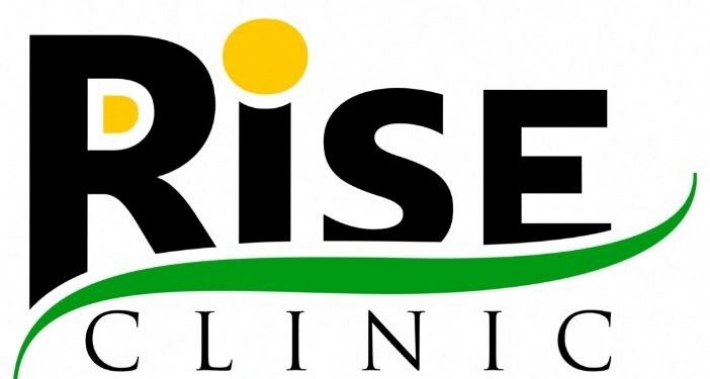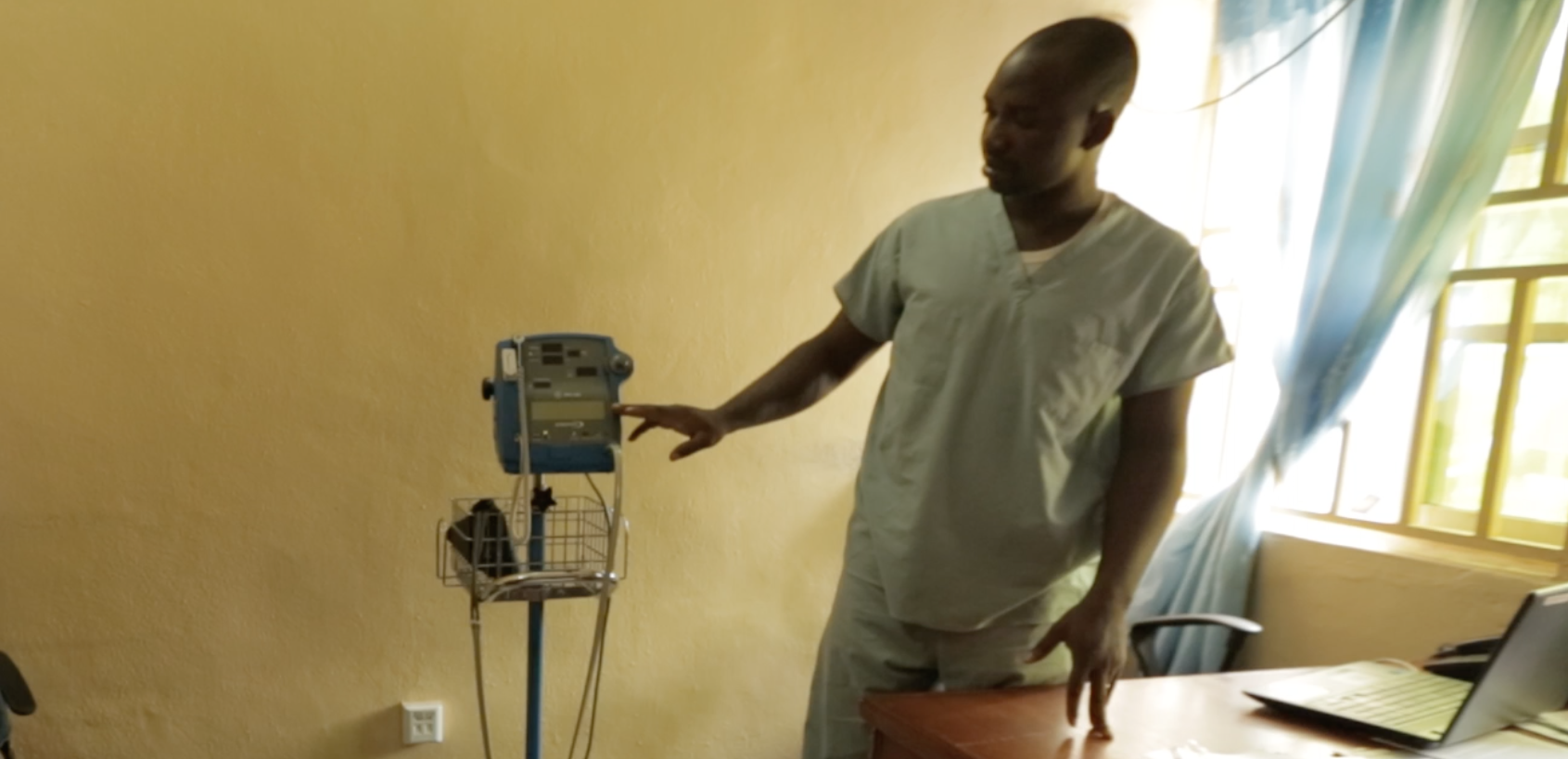Telehealth FAQs
What is Telehealth?
Telehealth uses the latest technology to connect patients to distant specialists to ensure access to quality care is met. Through personalized telehealth visits, patients and physicians can communicate via videoconferencing, allowing for a real-life experience.
How Does Telehealth Work?
Telehealth visits take place at your local primary care provider’s office. You are connected to the specialist via videoconferencing in a private room. With the use of electronic medical devices your physician gathers information to properly diagnose and treat you.
How is Telemedicine Different from Telehealth?
Telehealth often encompasses a broader definition of remote health care that doesn't always involve clinical services.
Both telemedicine and telehealth include:
- Videoconferencing
- Transmission of still images
- Remote monitoring of vital signs
- Nursing call centers
- E-health, including patient portals
- Continuing medical education
What Are the Benefits of Telehealth?
Patient Benefits:
- Timely treatment close to home
- Reduced travel time
- Access to world-class treatment
- Improved quality of care
Physician Benefits
- Specialty consults to help make decisions about care
- Input from world-class specialists without having to send patients to abroad
- Educational opportunities and mentoring
- Increased efficiency
- Improved patient outcomes
- Reduced health care costs
How Does Telemedicine Work?
Telemedicine can involve many different methods for providing health care remotely. Some examples include:
- Videoconferencing between patients and health care providers
- Transmitting still images, via e-mail or electronic health record, for interpretation by a physician in a remote location
- Remote monitoring of vital signs
- Electronic visits (e-mail between doctors and patients)
Is Telemedicine Safe?
Yes. Guided by technical standards and clinical practice guidelines, and backed by decades of research and demonstrations, telemedicine is a safe and cost-effective way to extend the delivery of healthcare. RCN works to develop its telehealth programs based on a series of standards, guidelines and best practices developed by the American Telehealth Association, provided for healthcare providers to ensure that they are using telemedicine responsibly.
Will Patients Still Need to See a Specialist in Person?
Possibly, but the ultimate goal of telemedicine is to allow patients to receive care close to home, rather than care that requires long-distance travel.

